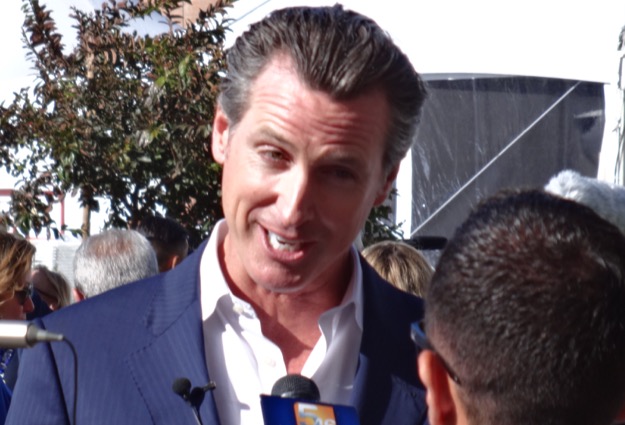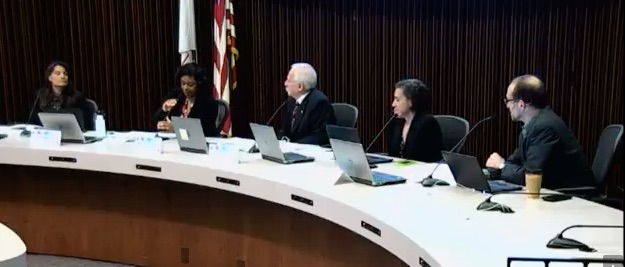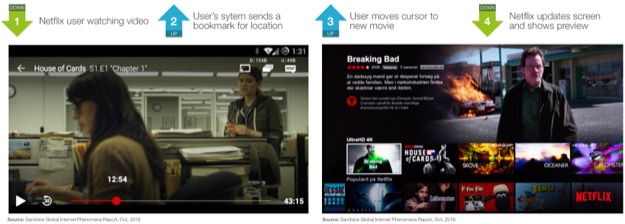FCC’s broadband market share data shows urban/rural technology divide and decline of DSL
There’s a lot to chew over in the Federal Communications Commission’s latest report on broadband subscribers in the U.S. Just one of the many charts (pictured above) tells an interesting story about how people in the U.S. get fixed broadband service in their homes. Two conclusions jump out immediately: cable companies are winning the fight for broadband market share, but the availability of cable modem, fiber to the premise or other wireline service depends population density.… More


![By Free Clip Art [CC BY-SA 4.0 (https://creativecommons.org/licenses/by-sa/4.0)], from Wikimedia Commons](https://www.tellusventure.com/images/2018/7/call_center_guy.jpg)

![By 401(K) 2012 [CC BY-SA 2.0 (https://creativecommons.org/licenses/by-sa/2.0)], via Wikimedia Commons](https://www.tellusventure.com/images/2017/5/piggy_bank.jpg)





